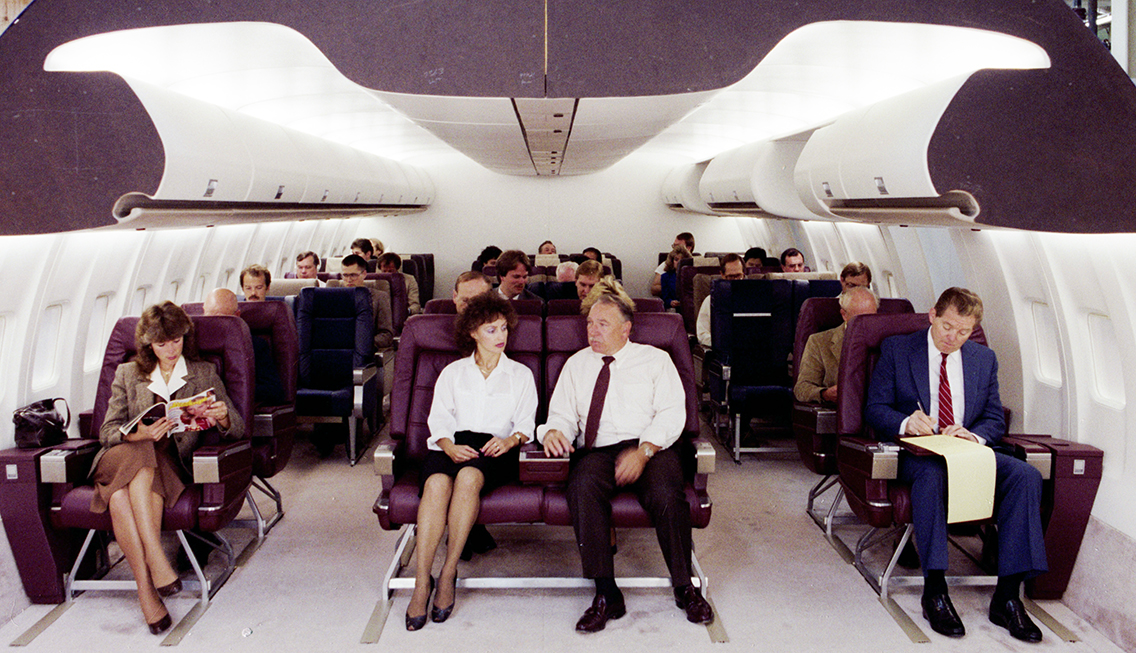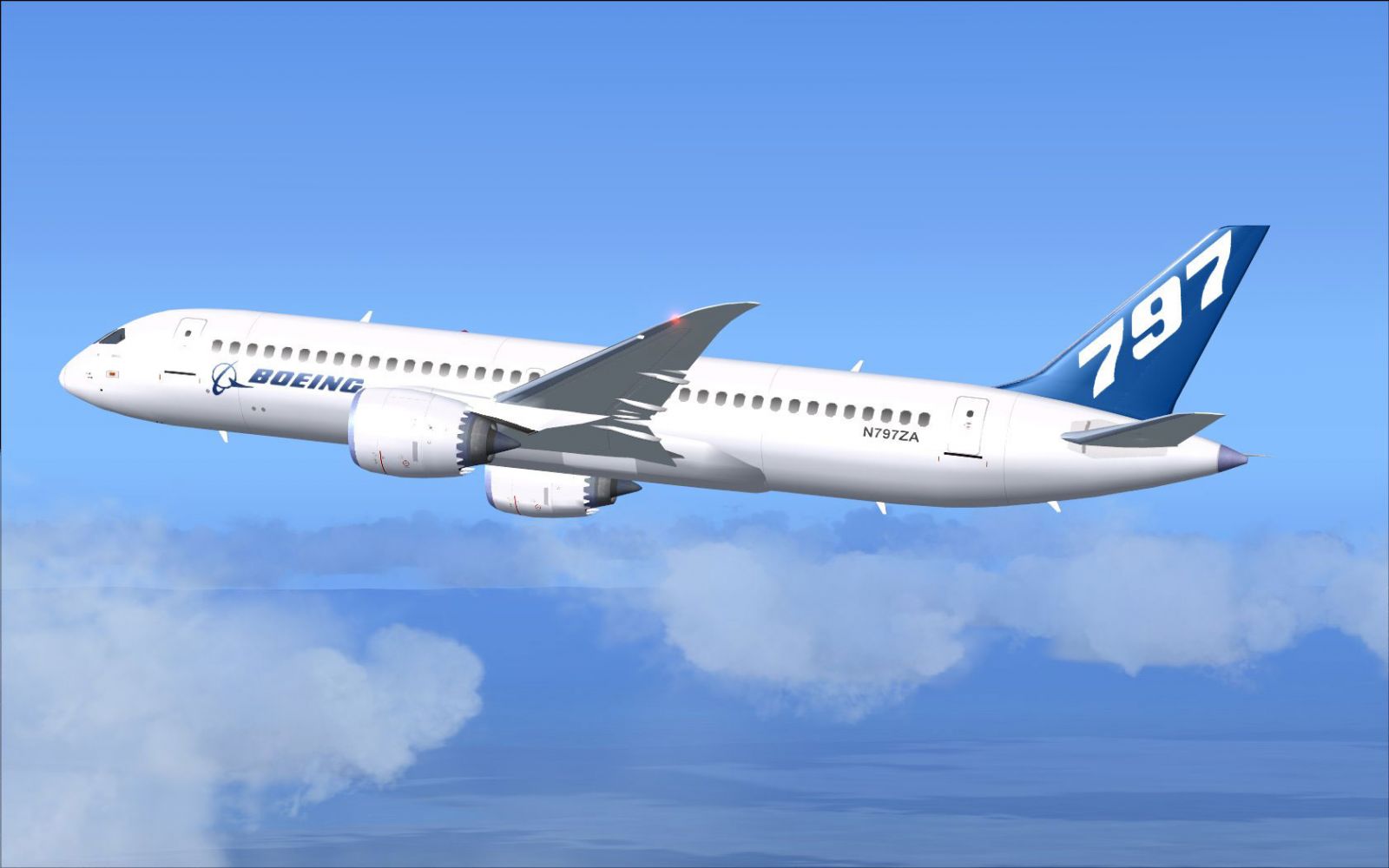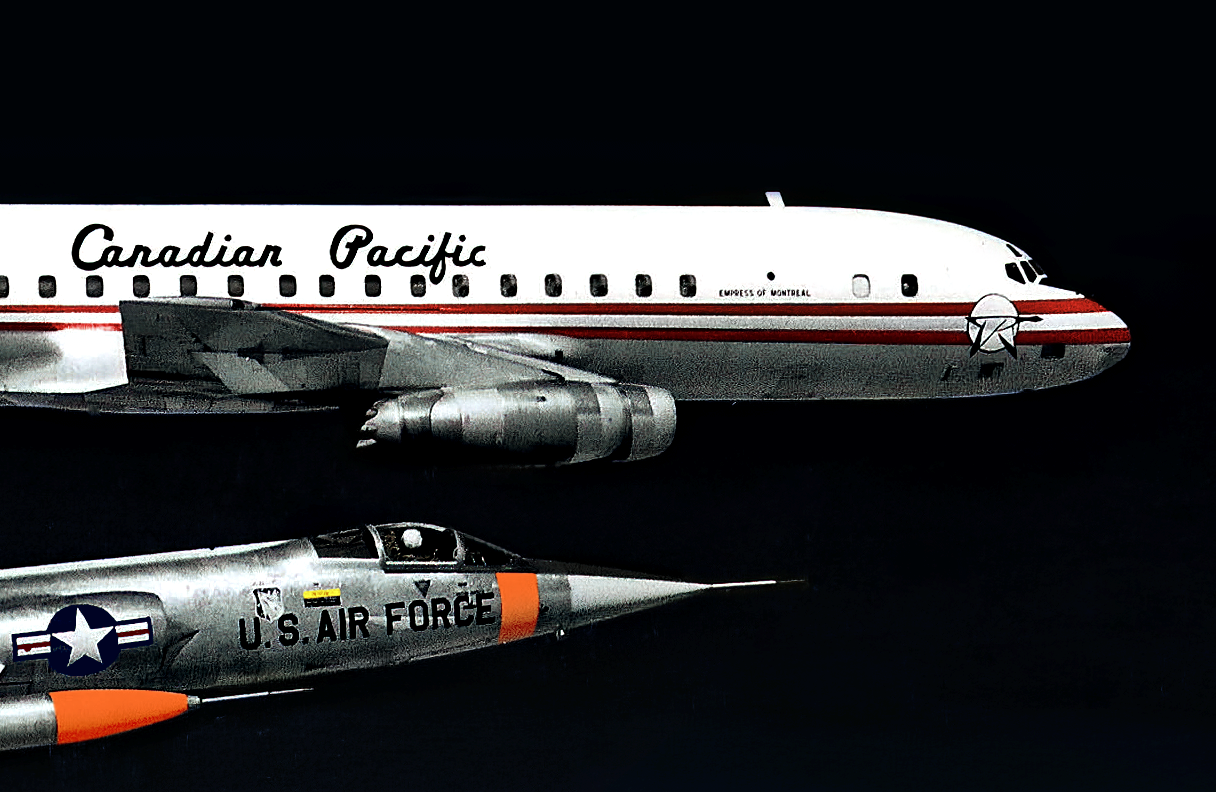What needs to happen for Boeing to launch the 797
31 January, 2021
4 min read
By joining our newsletter, you agree to our Privacy Policy


Three factors that will play out this year will be pivotal in giving Boeing the confidence to launch its next airliner - the 220-270 seat Boeing 797.
As this article is written it is inconceivable to consider Boeing, with record losses for 2020, would be in a position to launch the 797 within 12 months but 100 years ago the two-year Spanish flu that killed about 50 million was followed by the Roaring Twenties – a time of great prosperity.
There is pent-up travel demand and savings that will fuel a travel boom through the rest of this decade.
READ: Qatar Airways - the world's favorite airline.
The first of the factors for launch relates to COVID-19 vaccination.
Within 12 months it is expected that the majority of the world’s population will be vaccinated for COVID-19 and while there will be pockets where this is not the case those countries not fully vaccinated will be isolated.
With widespread vaccination and almost instant COVID19 testing available at airports before and after arrival, quarantining will be a thing of the past and travel will quickly resume through 2022.
The next factor will be Boeing’s successful resumption of service of the 737 MAX, which has met no passenger resistance despite being grounded for almost two years.
Clearly, the enormous amount of work done by Boeing and the global industry to eliminate the slightest chance of a repeat of the issues that led to the two tragic crashes has had a positive result on the traveling public.
And Boeing and the industry went further to eliminate scenarios that have never occurred before.
The backlog of deliveries will bring in much-needed cash and give the stock market comfort in Boeing for the long term. Boeing has over 400 undelivered 737 MAX aircraft and is slowly ramping production up again. The company has orders for around 3300 MAX aircraft once forecast cancellations are taken into consideration.
New York analyst Bernstein forecasts that revenue from commercial aircraft will more than double this year from US$16b to US$40b pushing Boeing to a modest $2b profit vs a US$11.6b loss for 2020. By 2025 Bernstein forecasts commercial aircraft revenues of US$55b and total revenue of US$107b with a profit of US$9b. It also predicts Boeing will be cash flow positive in 2022.
 The third factor, which is more difficult, is the financial strength of airlines which will in part have to finance the building of the 797 with their initial deposits.
The weakness of the airlines may promote new funding models with greater risk-sharing by Boeing’s potential partners such as the Japanese industry and their backers.
China, with hopefully a new trade deal with the US sealed in 2021, may also become a much more significant partner.
Other players could be Middle East countries such as Qatar and the UAE.
Critical to the go-ahead is the shape and size of the 797.
Prior to COVID-19 airlines were lyrical about a twin-aisle 797 seating between 220 and 270 passengers that was optimized for medium-haul ranges of up to 11 hours flying.
Sure, the seat-mile costs are higher than a single aisle but the appeal of the twin-aisles in a 2-3-2 economy configuration is huge.
Also, the boarding times for a single-aisle 270-seater are simply far too long, particularly with passenger’s insistence on the amount of carry-on luggage they bring on baord.
Post COVID-19, while the focus for embattled airlines is fewer passengers that is very short-term thinking and should be discarded by Boeing.
Aircraft programs are 30 plus year ventures and anyway, it will be 2026 before the 797 would enter service.
And critical for passengers - in a post-COVID-19 world – is health and that will last for years to come.
Any airline offering a 2-3-2 configuration in economy will win hands down over a 3-3 layout, particularly on an 8-10 hour journey for which the 797 will be designed.
What is more the 2-3-2 layouts give almost 50 percent more overhead storage room.
The appeal of the twin-aisle 797 could be extraordinary which is why Qantas CEO Alan Joyce prior to COVID said Boeing would be “crazy not to do it.”
He added: “We think it’s a fantastic aircraft on paper that looks good for what we want.”
The third factor, which is more difficult, is the financial strength of airlines which will in part have to finance the building of the 797 with their initial deposits.
The weakness of the airlines may promote new funding models with greater risk-sharing by Boeing’s potential partners such as the Japanese industry and their backers.
China, with hopefully a new trade deal with the US sealed in 2021, may also become a much more significant partner.
Other players could be Middle East countries such as Qatar and the UAE.
Critical to the go-ahead is the shape and size of the 797.
Prior to COVID-19 airlines were lyrical about a twin-aisle 797 seating between 220 and 270 passengers that was optimized for medium-haul ranges of up to 11 hours flying.
Sure, the seat-mile costs are higher than a single aisle but the appeal of the twin-aisles in a 2-3-2 economy configuration is huge.
Also, the boarding times for a single-aisle 270-seater are simply far too long, particularly with passenger’s insistence on the amount of carry-on luggage they bring on baord.
Post COVID-19, while the focus for embattled airlines is fewer passengers that is very short-term thinking and should be discarded by Boeing.
Aircraft programs are 30 plus year ventures and anyway, it will be 2026 before the 797 would enter service.
And critical for passengers - in a post-COVID-19 world – is health and that will last for years to come.
Any airline offering a 2-3-2 configuration in economy will win hands down over a 3-3 layout, particularly on an 8-10 hour journey for which the 797 will be designed.
What is more the 2-3-2 layouts give almost 50 percent more overhead storage room.
The appeal of the twin-aisle 797 could be extraordinary which is why Qantas CEO Alan Joyce prior to COVID said Boeing would be “crazy not to do it.”
He added: “We think it’s a fantastic aircraft on paper that looks good for what we want.”
 The third factor, which is more difficult, is the financial strength of airlines which will in part have to finance the building of the 797 with their initial deposits.
The weakness of the airlines may promote new funding models with greater risk-sharing by Boeing’s potential partners such as the Japanese industry and their backers.
China, with hopefully a new trade deal with the US sealed in 2021, may also become a much more significant partner.
Other players could be Middle East countries such as Qatar and the UAE.
Critical to the go-ahead is the shape and size of the 797.
Prior to COVID-19 airlines were lyrical about a twin-aisle 797 seating between 220 and 270 passengers that was optimized for medium-haul ranges of up to 11 hours flying.
Sure, the seat-mile costs are higher than a single aisle but the appeal of the twin-aisles in a 2-3-2 economy configuration is huge.
Also, the boarding times for a single-aisle 270-seater are simply far too long, particularly with passenger’s insistence on the amount of carry-on luggage they bring on baord.
Post COVID-19, while the focus for embattled airlines is fewer passengers that is very short-term thinking and should be discarded by Boeing.
Aircraft programs are 30 plus year ventures and anyway, it will be 2026 before the 797 would enter service.
And critical for passengers - in a post-COVID-19 world – is health and that will last for years to come.
Any airline offering a 2-3-2 configuration in economy will win hands down over a 3-3 layout, particularly on an 8-10 hour journey for which the 797 will be designed.
What is more the 2-3-2 layouts give almost 50 percent more overhead storage room.
The appeal of the twin-aisle 797 could be extraordinary which is why Qantas CEO Alan Joyce prior to COVID said Boeing would be “crazy not to do it.”
He added: “We think it’s a fantastic aircraft on paper that looks good for what we want.”
The third factor, which is more difficult, is the financial strength of airlines which will in part have to finance the building of the 797 with their initial deposits.
The weakness of the airlines may promote new funding models with greater risk-sharing by Boeing’s potential partners such as the Japanese industry and their backers.
China, with hopefully a new trade deal with the US sealed in 2021, may also become a much more significant partner.
Other players could be Middle East countries such as Qatar and the UAE.
Critical to the go-ahead is the shape and size of the 797.
Prior to COVID-19 airlines were lyrical about a twin-aisle 797 seating between 220 and 270 passengers that was optimized for medium-haul ranges of up to 11 hours flying.
Sure, the seat-mile costs are higher than a single aisle but the appeal of the twin-aisles in a 2-3-2 economy configuration is huge.
Also, the boarding times for a single-aisle 270-seater are simply far too long, particularly with passenger’s insistence on the amount of carry-on luggage they bring on baord.
Post COVID-19, while the focus for embattled airlines is fewer passengers that is very short-term thinking and should be discarded by Boeing.
Aircraft programs are 30 plus year ventures and anyway, it will be 2026 before the 797 would enter service.
And critical for passengers - in a post-COVID-19 world – is health and that will last for years to come.
Any airline offering a 2-3-2 configuration in economy will win hands down over a 3-3 layout, particularly on an 8-10 hour journey for which the 797 will be designed.
What is more the 2-3-2 layouts give almost 50 percent more overhead storage room.
The appeal of the twin-aisle 797 could be extraordinary which is why Qantas CEO Alan Joyce prior to COVID said Boeing would be “crazy not to do it.”
He added: “We think it’s a fantastic aircraft on paper that looks good for what we want.”
Get the latest news and updates straight to your inbox
No spam, no hassle, no fuss, just airline news direct to you.
By joining our newsletter, you agree to our Privacy Policy
Find us on social media
Comments
No comments yet, be the first to write one.


